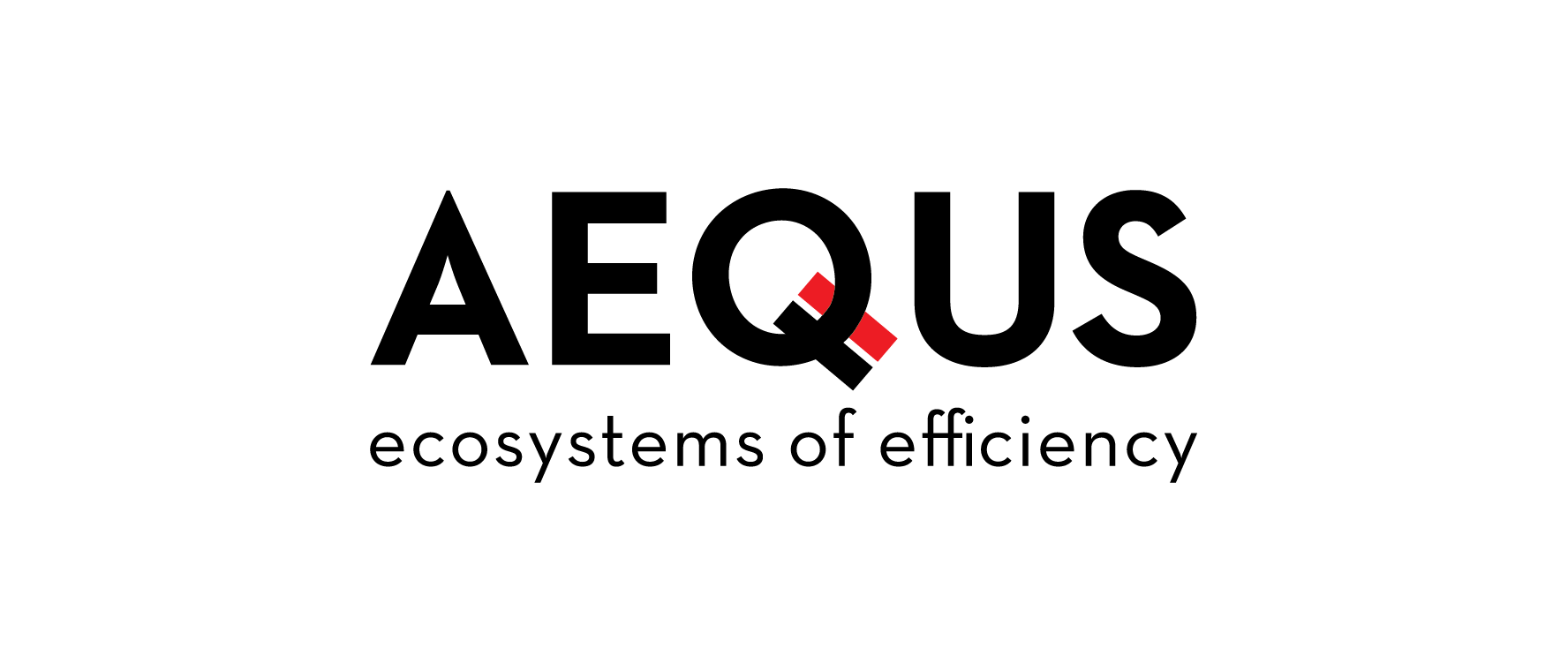The New Indian Express, March 07, 2021
BENGALURU : India currently imports toys worth over $600 million from China, with injection-moulded plastic and electronics constituting the majority of imports. The Indian government, however, is now pushing strongly to reduce dependence on the northern neighbour, with Prime Minister Narendra Modi urging Indian toy makers last month to up their game.
Aravind Melligeri, Chairman and CEO of Aequs—which is setting up a 400-acre toy cluster with an estimated investment of Rs 1,500 crore in Koppal, Karnataka—told this publication that the central government needs to include the toy industry under the Production Linked Incentive scheme to help more global brands partner with local manufacturers.
Melligeri said that toy manufacturers in the country will need to shift to newer models to remain relevant in an evolving market, and hence, need government hand-holding—especially in terms of incentives. The inclusion of the toy industry under PLI, according to Melligeri, will also provide a further boost to jobs creation.
Currently, half of India’s domestic toy demand is being met with imports, especially from China. “China is a world leader in toy exports. We have got $1.7 billion worth of sales and we bring about $600 million on the import front, which translates into $1.2 billion worth of selling value. But only about $500 million, potentially, are manufactured in the country and sold in the country,” Melligeri added. The export target for the next few years, according to him, should be set at over $1 billion, tapping 7-8 per cent of the global market opportunity—a sharp increase from the current $130 million.
Market leaders have also cautioned that the low price point of Chinese toys makes them highly attractive to customers. “There is no supply in India. The price point is so low for toys from China because, potentially, they had depreciated assets and there are government incentives for exports. So, the combination of these factors make them very inexpensive. It was very difficult for suppliers in India to domestically compete… But stopping it does not mean we have already created capacity in the country. It will take some time to get there,” Melligeri added.
This article first appeared in The New Indian Express
